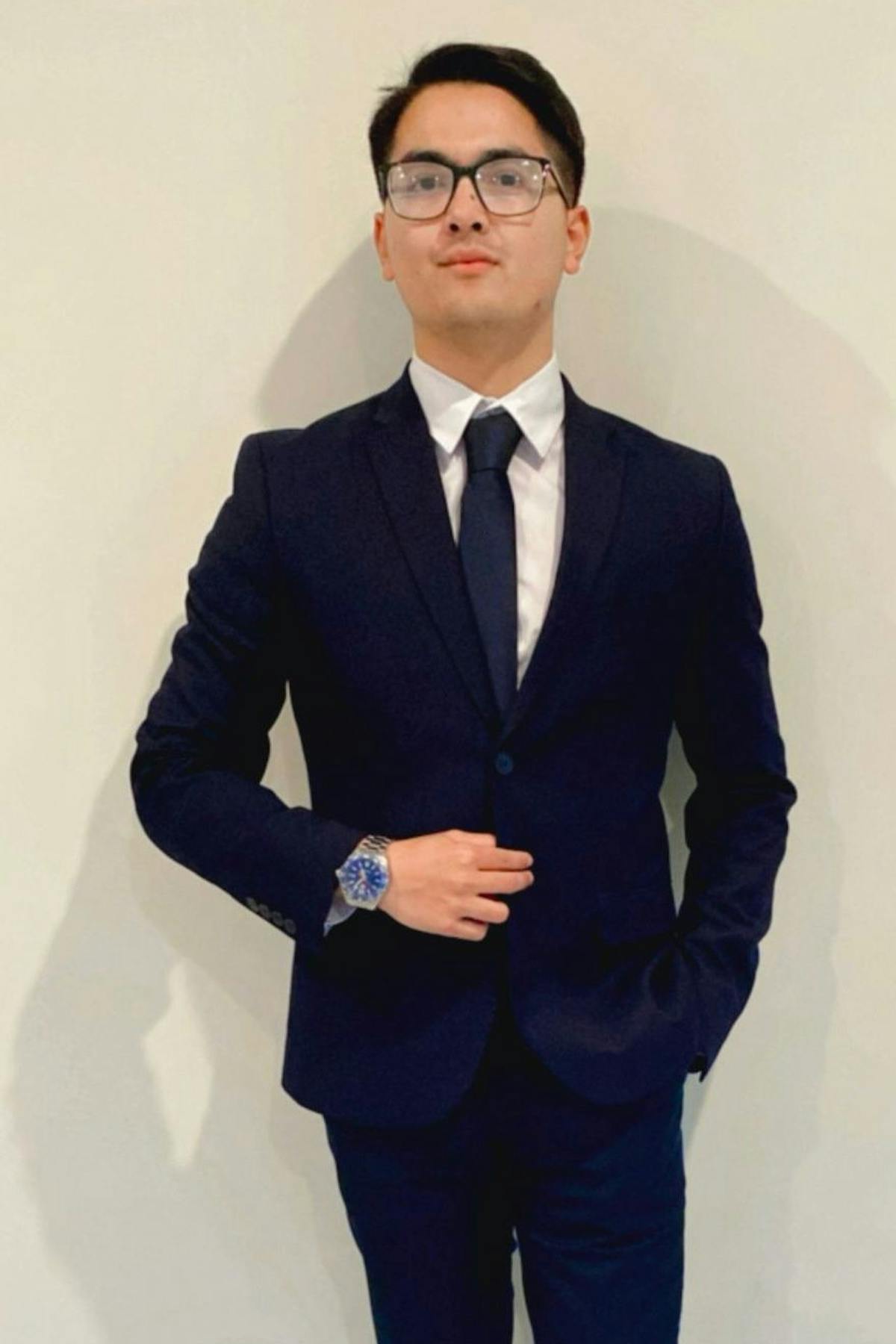UWA Juris Doctor student, Rafael Shaik Safari, credits his recent McCusker Centre for Citizenship internship with Peel Community Legal Services (PCLS) with reminding him why he chose to study the law, and with providing confidence and perspective that helped him secure a vacationer role at a commercial firm.
“The internship was a rare opportunity to connect academic learning with real-world impact, while being supported in a values-driven environment. It helped me grow as a future professional and as an active, empathetic citizen,” Rafael said, reflecting on his varied and hands-on Semester One internship.
“I contributed to a range of legal and administrative tasks that deepened my practical understanding of community legal work, including attending and observing client consultations relating to divorces, parenting disputes, domestic violence, and property settlements. I developed material for community information sessions and education resources, and engaged with the in-house tenant advocate to deepen my understanding of tenancy law and the legal needs of clients experiencing intersecting disadvantages such as financial stress and disability.”
The opportunity to dive in at the deep end with lawyers at PCLS wasn’t without its challenges, which Rafael recognised as part of a rich learning experience.
“Navigating emotionally charged client meetings, particularly those involving family violence and complex parenting disputes, was both confronting and formative. I was able to see how family lawyers balance compassion with professionalism, ensuring that clients felt heard and respected while maintaining legal objectivity and focus,” he said.
Kim Tinline, Solicitor at PCLS, said that Rafael had been a welcome addition to the team for the duration of the internship, bringing “fresh ears” and enthusiasm to the role.
“I was impressed by Rafael’s understanding of the benefits of place-based legal assistance within the community and his willingness to take on a variety of tasks from researching topics of law reform to providing accurate and concise summaries of legal advice,” Ms Tinline said.
Reflecting on his internship journey, Rafael highlighted what he had learned about the legal profession and its role in communities facing challenges around equity, advantage and vulnerability.
“Through this experience I learned that legal work isn’t just about technical precision, but also about empathy, communication, and making the law accessible for those who may not have the necessary means to do so. I’ve seen how good lawyering can empower people, especially when they’re vulnerable, and that’s shaped how I want to practise law in the future,” he said.
“The soft skills I developed, such as active listening, client communication and trauma awareness effectively complemented the technical legal skills I was applying at my other concurrent internship at a personal injury firm.
“The most rewarding part of my internship was attending community outreach sessions and sitting in on client consultations, where I witnessed firsthand the lawyer–client dynamic in action. Engaging with clients who were often facing intersecting forms of disadvantage, such as housing insecurity, disability, or trauma, was both humbling and eye-opening.
“Hearing their stories and observing how accessible, plain-language legal support could shift their sense of agency and safety reaffirmed why I chose to pursue law in the first place. It reminded me that the law is most powerful when it meets people where they are.”

